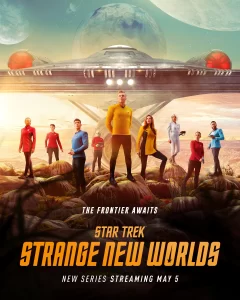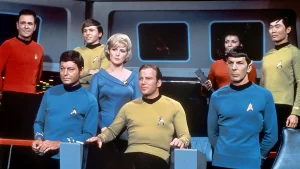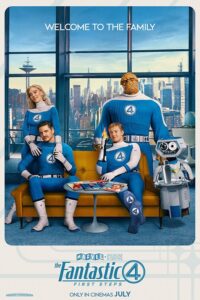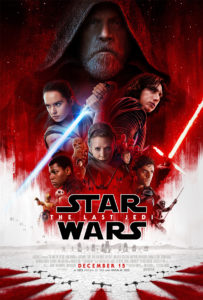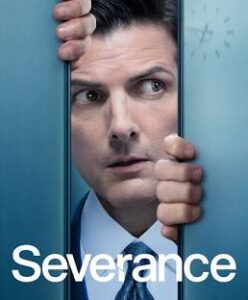.
From August 12th through the 17th, I was on vacation from the day job and enjoying my first World Science-Fiction Convention since 2018. Sadly, while the convention itself was quite nice, with nearly every hour presenting me with multiple panels that I wanted to attend and having to sacrifice panel time just to have dinner with my sweetie-wife, the entire time was also the most stressful vacation I have taken.
We flew from San Diego to Seattle on Alaska Airlines, using miles accumulated on my credit card to reduce the cost of the flight to mere taxes. While transitioning through TSA security I screwed up royally but was unaware of the mistake until I deplaned at SeaTac in Washington. I discovered that I had left my wallet, with all of my identification, and my key ring at the security checkpoint in San Diego.
Thanks to Apple Pay, I was not without the ability to pay for things and could function at the convention, but the loss of the wallet weighed heavily on my mind for the entire duration of the convention.
Every morning I telephoned Lost and Found at the San Diego Airport and every morning their answer remained unchanged, no wallet, no keys. I researched how did TSA deal with this issue as I could not be the only person who had some terrible event cause them to lose all of their identification while traveling. TSA deals with it, I learned, by additional security screening, but it is not assured that you will pass it and be allowed to fly. So again, for the duration of my vacation my mind was bedeviled with the possibility that at SeaTac I would be turned away and have to find an alternate method of getting home. Amtrak had only sleeper remaining with costs of over a thousand dollars and Greyhound reported travel times of more than 48 hours.
I was so stressed that in the evenings instead of socializing at the open room parties, after my sweetie-wife retired for the night, I would just go to the hotel lobby and watch videos on my laptop.
The final morning of the convention, not only did Lost and Found not have my missing items, but a neighbor texted to alert us that my car had been broken into, the passenger window smashed with glass scattered everywhere.
Luckily, I made it through TSA enhanced screening and boarded the flight for home, though the flight was delayed a good twenty minutes, so we only got back into our home about 9:00 pm instead what of I had hoped for something more like 8:30pm.
My brilliant sweetie-wife produced spare keys for my car, our front door, and our mailbox. I took my Kia Soul to the dealer to have them replace the smashed window, but they wanted an astounding $1200 for that repair and that amount I was not going to pay. I found an independent service who was able to schedule an on-site fix for my car the next day, today, and do the job for under $300.
So today, I have finally, mostly, rebuilt and recovered from the disaster of losing my wallet and keys. Though a few more issues and details need to be addressed, I am ready to return to work in the morning and put this stressful ‘vacation’ behind me.

